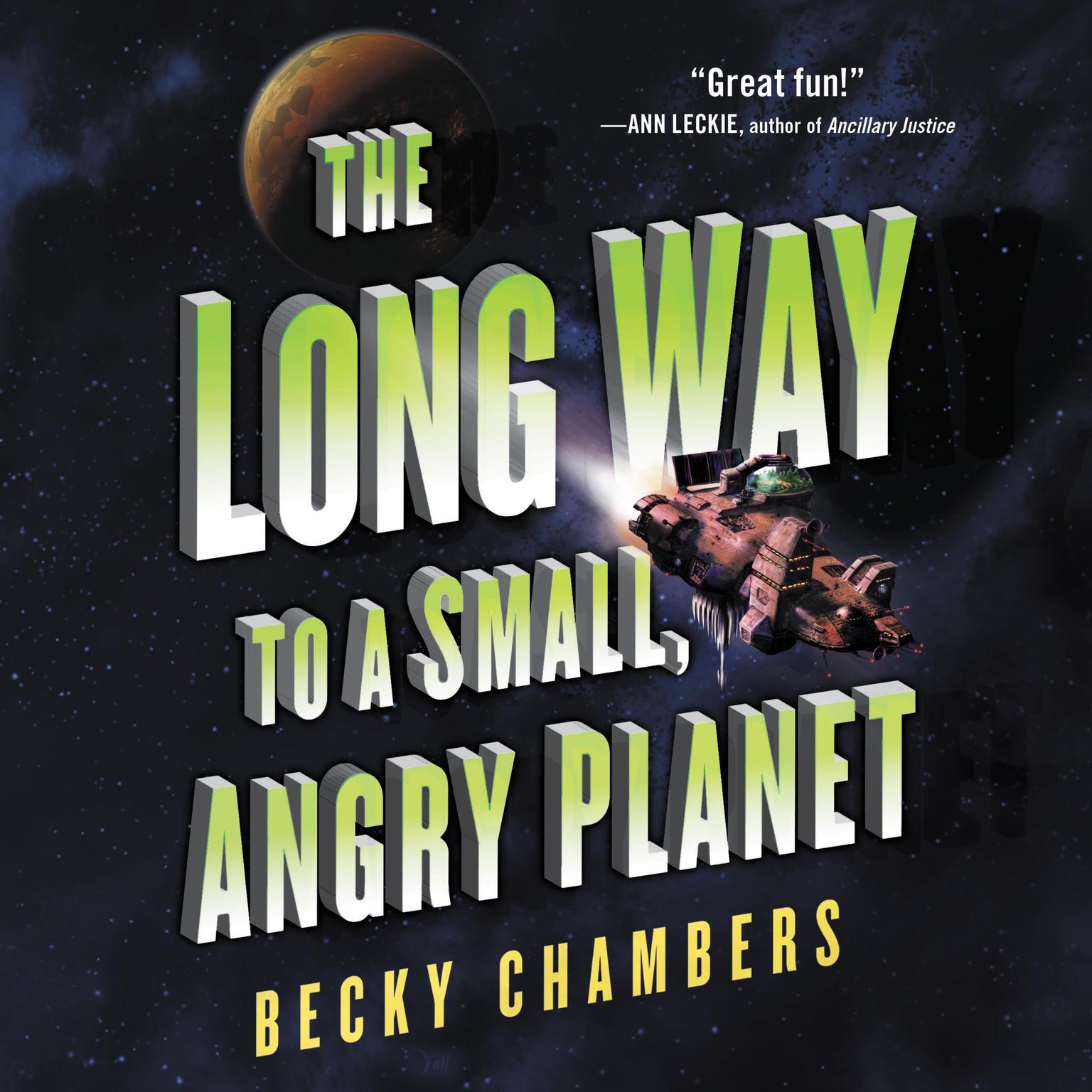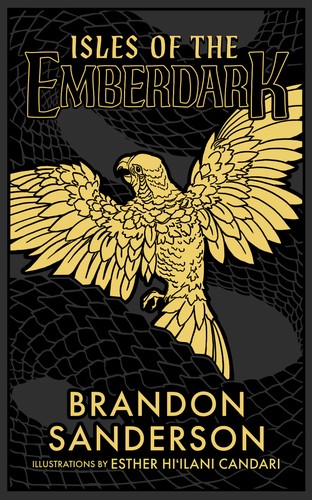Going to reply to my own review here to apologize again. I did make the claim that the worst part about this book was the glorification of the "colonizer romance" trope. And then I went on to rant about the mathematics of the fake magic system used in the book. Never change, me.
User Profile
This link opens in a pop-up window
sh00g's books
To Read (View all 9)
2025 Reading Goal
Success! sh00g has read 26 of 12 books.
User Activity
RSS feed Back
sh00g rated The Saturday Night Ghost Club: 2 stars
sh00g rated The Book of Three: 3 stars

The Book of Three by Lloyd Alexander (Chronicles of Prydain, #1)
The Book of Three (1964) is a high fantasy novel by American writer Lloyd Alexander, the first of five volumes …
sh00g rated Art of War: 3 stars

Sunzi: Art of War (2016, CreateSpace Independent Publishing Platform)
Art of War by Sunzi
The Art of War is an ancient Chinese military treatise dating from the Late Spring and Autumn Period. The work, …
sh00g rated Artificial Condition: 4 stars

Artificial Condition by Martha Wells (The Murderbot Diaries, #2)
Artificial Condition is the follow-up to Martha Wells’s Hugo, Nebula, Alex, and Locus Award-winning, New York Times bestselling All Systems …
sh00g rated Mockingjay: 3 stars

Mockingjay by Suzanne Collins (The Hunger Games, #3)
Katniss Everdeen's having survived the Hunger Games twice makes her a target of the Capitol and President Snow, as well …
sh00g reviewed Blood Over Bright Haven by M. L. Wang
It's a "near DNF" for me, dog.
1 star
Content warning Spoilers included in review
This book sucked.
That's the short and not so sweet of the review, but my main thesis to support the conclusion is as follows: Blood Over Bright Haven is a "colonizer romance" with an overly cumbersome magic system that spends far too much time "telling" us and far too little time "showing" us how the world works.
The first point is inarguably the most egregious—the protagonist of the story, Sciona, is an entitled, egotistical, narcissist who is a member of a class of society that has established and maintained its power through generations of exploiting and murdering the Kwen. This is a story about Sciona and, theoretically, how she uncovers the dark truths about the source of the Tiranish magic and seeks to tear down the establishment from the inside. The problem is Sciona does this purely for self-serving reasons. Up until the moment of her death, she is obsessed with the idea of her legacy and whatever mark she can leave on society and the world. I think we are supposed to feel like she has a character arc, but the arrogance and complete disregard for others that she begins the story with is maintained up until her death.
The bigger issue is the fact that the character you actually end up wanting to know more about, Sciona's Kwen assistant, Thomil, is given precious few pages to explore his character. Nearly every scene he appears in he is an object being used to hammer Sciona over the head about how ignorant she is, only for her to never really change for the better. Thomil tries to explain to Sciona numerous times that, in spite of learning the truth that Tiranish magic saps energy from living beings, including Kwen outside the city's protective magical barrier, to function that her plans are haphazard and will likely only end up hurting many innocent people. Which is exactly what happens. Except Sciona and Thomil kiss (and probably fuck) and we're supposed to fawn over how lovely it is that this woman who has spent her entire life dedicated to a religion founded on the idea of supremacy of her people over all others decided to let the scary Kwen man into her shorts. The "romance" between the two of them feels gross because Sciona is a racist. She remains a racist up until the end.
The magic system is also problematic. I struggled with this because it is a cool idea. Magic that needs life force to function isn't a new thing (just ask your local necromancer), but tying it to a twisted religion and a deep state that functions to keep the whole thing under wraps and you've got a recipe for some interesting conflict. But my god man, the techno babble in this book is egregious. I understand you have to invent a few fake magicky things to make the magic feel more magicky, but there are pages and pages of expositing about the intricacies of how the magic is meant to work that makes it asinine to follow.
I have a specific bone to pick, however. Sciona's big defining achievement is successfully completing the barrier expansion spell to push the boundaries of Tiran into prior "siphoning" territory. I'll be honest...I have no idea other than the flowdown effect of the expansion costing so much magical energy that it makes the society's weapons (guns) stop working why exactly this is supposed to help the Kwen or Tiran. It reads as Sciona's last ditch attempt to leave her mark on the world. Which is exactly what it is, given all the Kwen end up fleeing the city in the end anyhow to escape the now larger barrier. But the real beef I have is the scope of this effort.
There is a short paragraph late in the book where an offhand comment is made about the amount of "life force" required to maintain the magical barrier surrounding Tiran: "Based on quite painful discussions with Thomil, she estimated that each ten square feet of the barrier required a small animal death—a bird, a rodent—every few minutes or a large animal death—a wolf, a deer, a human—every hour to stay operational." So let's run some numbers to understand this.
While it is not explicitly stated how large Tiran is, we know that the reserve siphoning zone that is used for all the city's municipal functions, including maintaining the barrier, is "two Leonic miles beyond Tiran's barrier." This is the area of land from which living things are killed anywhere between every few minutes to every hour to maintain all the basic magical services provided by the city. So what shape is the barrier? A sphere seems rational. A hemisphere? A cylindrical wall?
As a thought experiment, imagine a very small city. So small, in fact, it's more of a block. A 1/4 mile diameter city. That's about 1.4 million square feet of area. Sound like a lot? A single block in New York City is about 100,000 square feet, so were' talking 14 NYC blocks here. In that context, this is a really, really small area for a city. So how about that barrier then?
With a 1/4 mile diameter city, you have about 5.5 million square feet of surface area. Or 2.7 million square feet for a hemisphere. Or about 41.5 thousand square feet for a 10-foot-tall cylinder (we're really grasping at straws here). Divide those by ten-square-foot sections, and that's how many large living things (like people) the reserve siphoning area needs to kill per hour to keep the barrier going. For the spherical barrier, that is...550,000 LARGE ANIMALS PER HOUR. For the hemisphere, it is 270,000. For a measly 10-foot-tall wall, that is 4150.
And since we know the reserve siphoning area is two miles beyond our 1/4 mile diameter city, that leaves an area of roughly 3.9 square miles to siphon from. So our spherical barrier requires us to kill an equivalent population density of 140,000 people per square mile, per hour to maintain. The hemispherical barrier requires half of that, about 70,000 people per square mile (again per hour). Even the ten foot tall barrier requires an equivalent of 1057 people per square mile, per hour.
Notwithstanding the fact that the reserve siphoning zone is also used to maintain all sorts of other shit like plumbing and electricity, that means just to keep up the barrier, Tiran has to kill a population density of large animals and human beings greater than that of the highest population density of any city on earth, every hour. Even to maintain a 10-foot-tall barrier they would have to kill about 10% of the population density of the Pittsburgh metropolitan area every hour. AND THIS IS ALL FOR A QUARTER MILE DIAMETER CITY.
So the math (and my autism) suggests this claim is asinine. I'm sure it sounded reasonable when it was written. But then there's a lovely sentence on one of the last pages of the book: "The expanding barrier raced ahead of the Kwen, the life force of a hundred mages, politicians, and city guards lighting the way to the mountains."
WHAT?
Okay so all of them died instantaneously. Congratulations, that's enough siphoning to power...1,000 square feet of barrier. Hooray! We did it, Patrick, we saved the city! 1,000 square feet is!....is...about 20% of the area of a basketball court...hoo...hooray?
I'll stop now. I am sorry.
sh00g finished reading Blood Over Bright Haven by M. L. Wang

Blood Over Bright Haven by M. L. Wang
For twenty years, Sciona has devoted every waking moment to the study of magic, fueled by a mad desire to …
sh00g rated #1 Dad Book: 4 stars
sh00g finished reading #1 Dad Book by James Patterson
sh00g started reading #1 Dad Book by James Patterson
sh00g started reading The Will of the Many by James Islington (Hierarchy, #1)

The Will of the Many by James Islington (Hierarchy, #1)
At the elite Catenan Academy, a young fugitive uncovers layered mysteries and world-changing secrets in this new fantasy series by …







